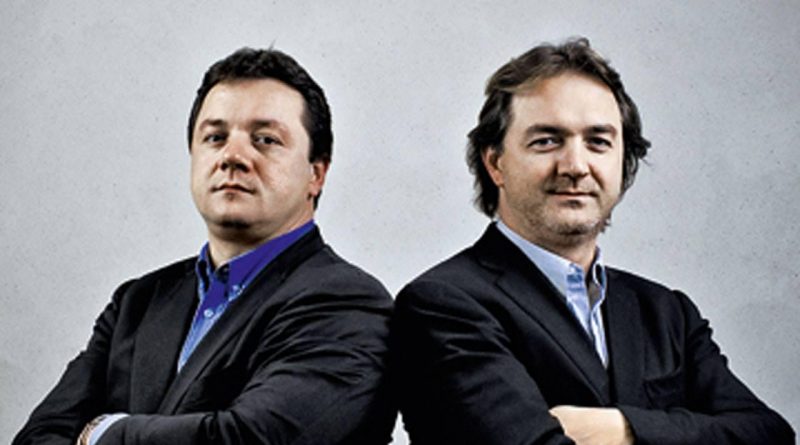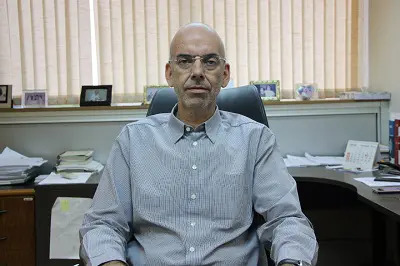The Batista brothers, Joesley and Wesley, are two influential figures in Brazil’s business landscape, having built J&F into one of the country’s largest conglomerates.
Their rise to prominence was marked by aggressive expansion and acquisitions, making them symbols of Brazil’s economic boom.
However, in a shocking revelation in 2017, the brothers admitted to bribing hundreds of officials, tarnishing their reputation and putting J&F in the spotlight for all the wrong reasons.
This scandal, one of the most significant in Brazilian corporate history, added a new layer to Brazil’s already intricate web of corruption investigations.

Brazil faced multiple corruption scandals over the past decade, implicating various companies and politicians.
Amidst this complex backdrop, J&F, owned by the Batista brothers, found itself in the crosshairs.
Ronaldo Albo, from the 5th Chamber of the Federal Public Ministry (MPF), played a crucial role in the company’s legal proceedings.
He slashed J&F’s penalty from R$10.3 (US$2) billion to R$3.5 billion (US$700 million), a fine J&F had previously agreed to after admitting its deep involvement in corruption.
Corruption fines aim to punish and deter misconduct.
The R$6.8 billion reduction, which is over 65% of the original fine, approved in May, stirred significant controversy.
Carlos Henrique Martins Lima, the J&F case prosecutor, voiced concerns, as echoed by O Globo, a leading Brazilian newspaper.
Although J&F sought a settlement review, the MPF initially turned them down.
The original plan mandated J&F to disburse R$10.3 billion over 25 years, with a significant portion channeled to national entities like the BNDES, the Union, and other stakeholders.
R$2.3 billion was earmarked explicitly for social projects.
In its quest to strike a balance between business integrity and corporate growth, Brazil scrutinizes corporate fines meticulously.
Post Albo’s decision, the recalibrated R$3.5 billion fine will be paid over a shorter span of five years, dedicated entirely to the Union.

This revised penalty awaits the green light from the Federal Court of Brasília.
Lima, seeking a revision of the fine, pinpointed that Albo’s decision contradicted a previous ruling, especially since two other prosecutors had earlier declined J&F’s plea.
Lima’s challenge to the 5th Chamber underscores the circumstances leading to the reduction of the fine.
Even though Lima was the primary prosecutor, the reins were handed over to the 5th Chamber under Albo’s leadership.
Adding another twist, Albo sprung the matter onto the agenda when one of the trio was away.
This member, upon return, was initially side-lined from voting but eventually got the nod, culminating in Albo sanctioning the hefty fine reduction for J&F.
Considering Brazil’s intensified drive to streamline corporate governance, such monumental decisions inevitably draw intense scrutiny.
Several prosecutors raised eyebrows at Albo’s unexpected move.
Lima’s subsequent appeal emphasizes the repercussions of Albo’s decision on the organizations slated to benefit from the primary settlement.
The silence from both Ronaldo Albo and J&F only adds to the prevailing uncertainty and speculation.

